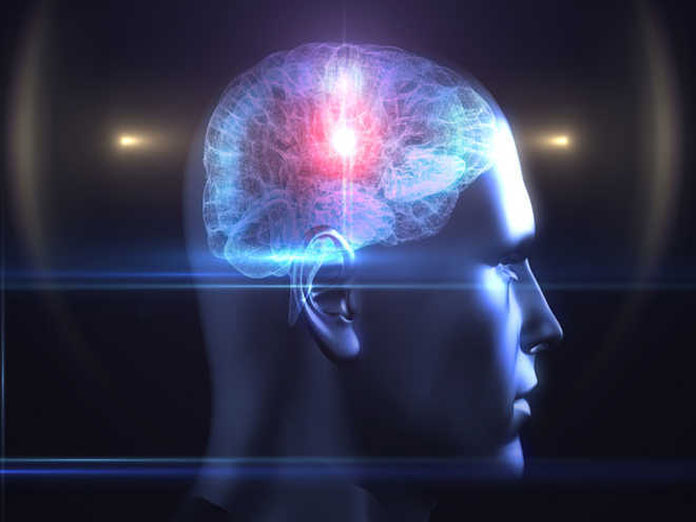Novel organic transistor mimics brain

Scientists have developed a novel transistor based on organic materials that has the ability to learn, paving the way for technology that mimics the human brain
London: Scientists have developed a novel transistor based on organic materials that has the ability to learn, paving the way for technology that mimics the human brain.
The transistor developed by scientists at Linkoping University in Sweden is equipped with both short-term and long-term memory. Until now, brains have been unique in being able to create connections where there were none before. The transistor, described in the journal Advanced Science, can create a new connection between an input and an output. Researchers have incorporated the transistor into an electronic circuit that learns how to link a certain stimulus with an output signal, in the same way that a dog learns that the sound of a food bowl being prepared means that dinner is on the way. A normal transistor acts as a valve that amplifies or dampens the output signal, depending on the characteristics of the input signal.
In the organic electrochemical transistor that the researchers have developed, the channel in the transistor consists of an electropolymerised conducting polymer. The channel can be formed, grown or shrunk, or completely eliminated during operation. It can also be trained to react to a certain stimulus, a certain input signal, such that the transistor channel becomes more conductive and the output signal larger. "It is the first time that real time formation of new electronic components is shown in neuromorphic devices," said Simone Fabiano, from Linkoping University. The channel is grown by increasing the degree of polymerisation of the material in the transistor channel, thereby increasing the number of polymer chains that conduct the signal. Alternatively, the material may be overoxidised (by applying a high voltage) and the channel becomes inactive. Temporary changes of the conductivity can also be achieved by doping or dedoping the material.
"We have shown that we can induce both short-term and permanent changes to how the transistor processes information, which is vital if one wants to mimic the ways that brain cells communicate with each other," said Jennifer Gerasimov, from Linkoping University. By changing the input signal, the strength of the transistor response can be modulated across a wide range, and connections can be created where none previously existed.
This gives the transistor a behaviour that is comparable with that of the synapse, or the communication interface between two brain cells. It is also a major step towards machine learning using organic electronics. Software-based artificial neural networks are currently used in machine learning to achieve what is known as "deep learning". Software requires that the signals are transmitted between a huge number of nodes to simulate a single synapse, which takes considerable computing power and thus consumes considerable energy.
"We have developed hardware that does the same thing, using a single electronic component," said Gerasimov. "Our organic electrochemical transistor can therefore carry out the work of thousands of normal transistors with an energy consumption that approaches the energy consumed when a human brain transmits signals between two cells," said Fabiano.








